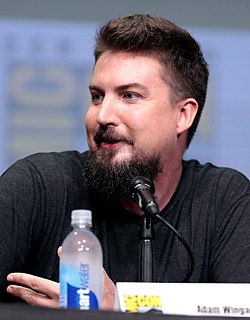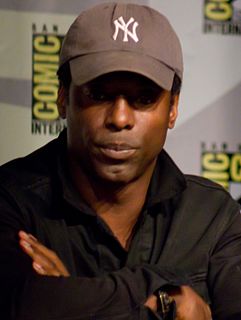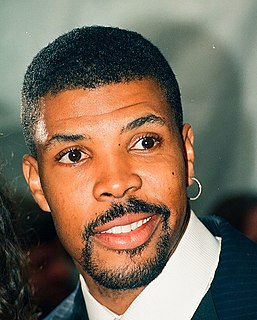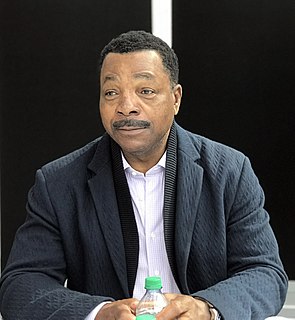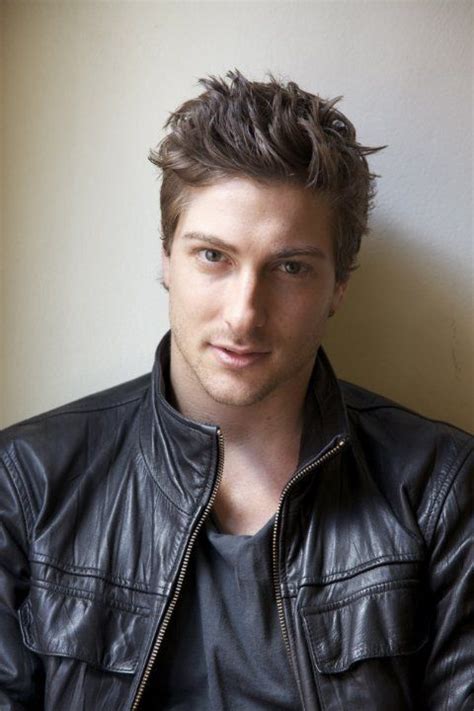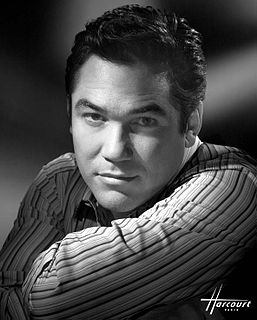A Quote by Adam Wingard
Normally, you have all this knowledge from all the films that you've done that you've accumulated over the years, and you can constantly look back when you're in some sort of fix and say, "Well, on so-and-so film, we did this, and it worked out fine." You can point to these things, and you can have that assurance.
Related Quotes
When it’s all said and done, I want to be able to say I got the most out of my potential. I don’t want to look back, however many years from now, and say, ‘I wonder if I would have worked a little harder. I wonder if I would have done this or done that, how things would have turned out.’ I want to, when it’s all said and done, be able to put my head on my pillow and say, ‘I did everything I could do — good or bad.’
And so I look back on not just the last ten years but everything that I've done as being sort of an ongoing growing continual film school. I mean I don't think I've got to a point where I've achieved anything that feels like, a particular milestone, but there's still a lot more to learn and hopefully a lot more films to make.
People forget that it's an acting assignment. You can work with someone for three months, three years or 30 years, and then you move on. I've done I don't know how many films, and I can look at the film and know that I worked with Clint Eastwood, but I'm not still trying to hang out with Clint Eastwood. We did our jobs.
I have a few things that I have written over the years that haven't been made, but I sort of feel like there was a good reason why they were not made. So I am not anxious to go back and fix them. I don't have something in the desk drawer that I think, "The time is right now. If I just do this, it'll be great." It is kind of out of sight and out of mind. I am thinking ahead rather than back.
We are constantly being surprised that people did things well before we were born. We are constantly remarking on the fact that things are done well by people other than ourselves. "The Japanese are a remarkable little people," we say, as if we were doing them a favor. "He is an Arab, but you ought to hear him play the zither." Why "but"?
When you look at what Star (casino) has done for Sydney over the last fifteen years.. I don't think it has done a lot. When you look at what Crown (his casino) has done for Melbourne, I think it has done an enormous amount. And there's all sorts of statistics and figures and facts that can back those things up.
I think the important thing about staying creative and staying sharp and original is not to look back too much, and to kind of look to where your vision is going now. But I have felt over the years a definite progression or arc from feeling guilty about what I had done with the first one, because certainly there was all that fundamentalist guilt that came pouring back in. Feeling like I'd done something horrible, "I'm a despicable person and I'm perverse," and all these things, to a sense of the power and the necessity, in a sense, of horror films and dealing with dark material.
No other art-medium–neither painting nor poetry–can communicate the specific quality of the dream as well as the film can. When the lights go down in the cinema and this white shining point opens up for us, our gaze stops flitting hither and thither, settles and becomes quite steady. We just sit there, letting the images flow out over us. Our will ceases to function. We lose our ability to sort things out and fix them in their proper places. We're drawn into a course of events–we're participants in a dream. And manufacturing dreams, that's a juicy business.
